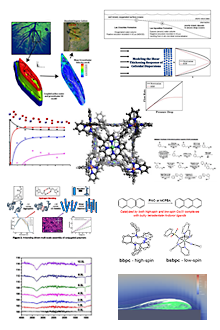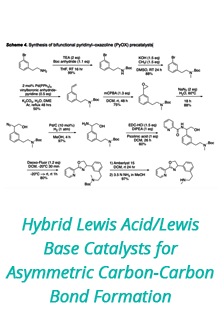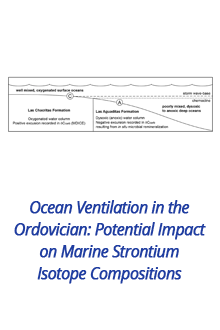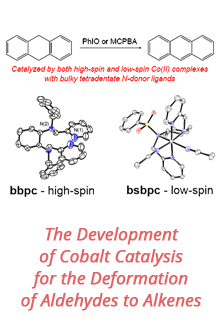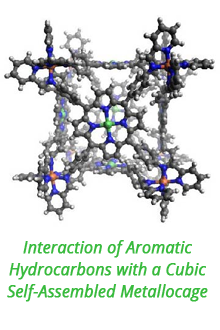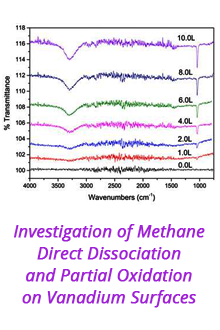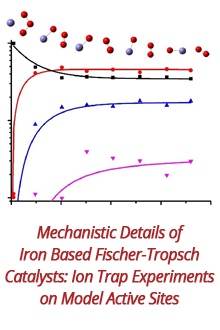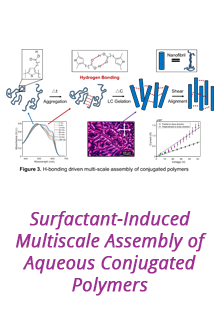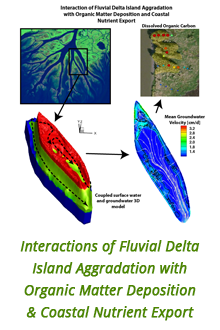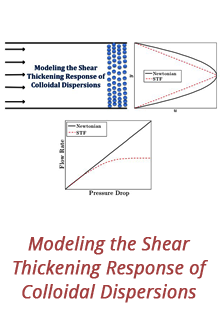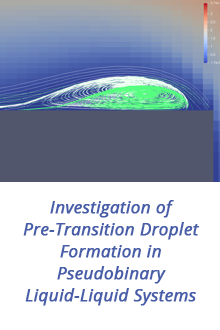Reports: SES54160-SES: ACS Summer School on Green Chemistry and Sustainable Energy
Mary Kirchhoff, PhD, American Chemical Society
Students participated in a series of interactive lectures presented by experts on green chemistry and sustainable energy. Staff from the American Chemical Society’s Petroleum Research Fund and Education Division provided information on proposal writing and careers, respectively. The instructors and titles of their presentations are provided below:
Eric Beckman, University of Pittsburgh
- Building Your Own Business: From Green Science to Green Innovation
Joan Brennecke, University of Notre Dame
- Greening Fossil Fuels
- Energy Applications of Ionic Liquids
David Constable, ACS Green Chemistry Institute®
- Sustainable and Green Chemistry by Design
- Greening Your Research – Practical Tools You Can Use Now
Jim Hutchison
- Weaving Green Chemistry into Nanotechnology: Product Innovation for Nano-Enabled Textiles
- Greening Chemistry Education: Small Steps, Large Changes, and a Roadmap for the Future
Nancy Jensen, American Chemical Society
- Writing Competitive Research Grant Proposals
Philip Jessop, Queen’s University
- Choosing the Greenest Synthesis
- Greener Solvents
Mary Kirchhoff, American Chemical Society
- Green Chemistry: Principles and Practice
Ryan Richards, Colorado School of Mines
- Zen and How to Get a Job, Keep a Job, and Maybe Even Prosper in the Chemical Sciences
Mark Ruth
- H2@ Scale: Energy System-wide Benefits of Increased H2 Implementation
Josh Schaidle, National Renewable Energy Laboratory
- Biomass Utilization: Opportunities and Challenges
Joerg Schlatterer, American Chemical Society
- ACS Resources for Graduate Students and Postdoctoral Scholars
Bill Tolman, University of Minnesota
- From Renewable Plastics to Improving the Culture of Safety: Applying the Principles of Green Chemistry
Adelina Voutchkova-Kostal, George Washington University
- From Toxicology to Rational Design of Safer Chemicals
Student groups engaged in a modified Life Cycle Assessment (LCA) exercise led by Philip Jessop of Queen’s University. The groups assessed alternate routes to the same target molecule with respect to metrics such as bioaccumulation, ozone depletion potential, global warming potential, and persistence. Students gave oral presentations on the results of their exercise to the entire Summer School.
Poster sessions provided an additional opportunity for students to share their research and gain insights into greener approaches to research. Forty-two students presented their research during two evening poster sessions.
The Summer School has been running continuously since 2003, and participants continue to rate the program very highly. In response to the statement, “The best thing about the course was…” students offered the following observations:
- Everything was relevant to green chemistry and sustainable energy as promised. I was able to relate everything talked about during sessions to improving my research.
- Great learning experience…This school changed my ways of looking at chemical reactions, reagents, and processes.
- The great breadth of topics and hearing from people from many scientific and cultural backgrounds.
- I think that all of the lectures were very interesting, but the best thing is always to share knowledge with other people.
Students provided suggestions for improving the program, such as including more industrial speakers, a more global perspective on topics, and more group projects. Participants also suggested additional topics (greening the petroleum industry, separations, nanomaterials, catalysis, etc.) for future Summer Schools.

